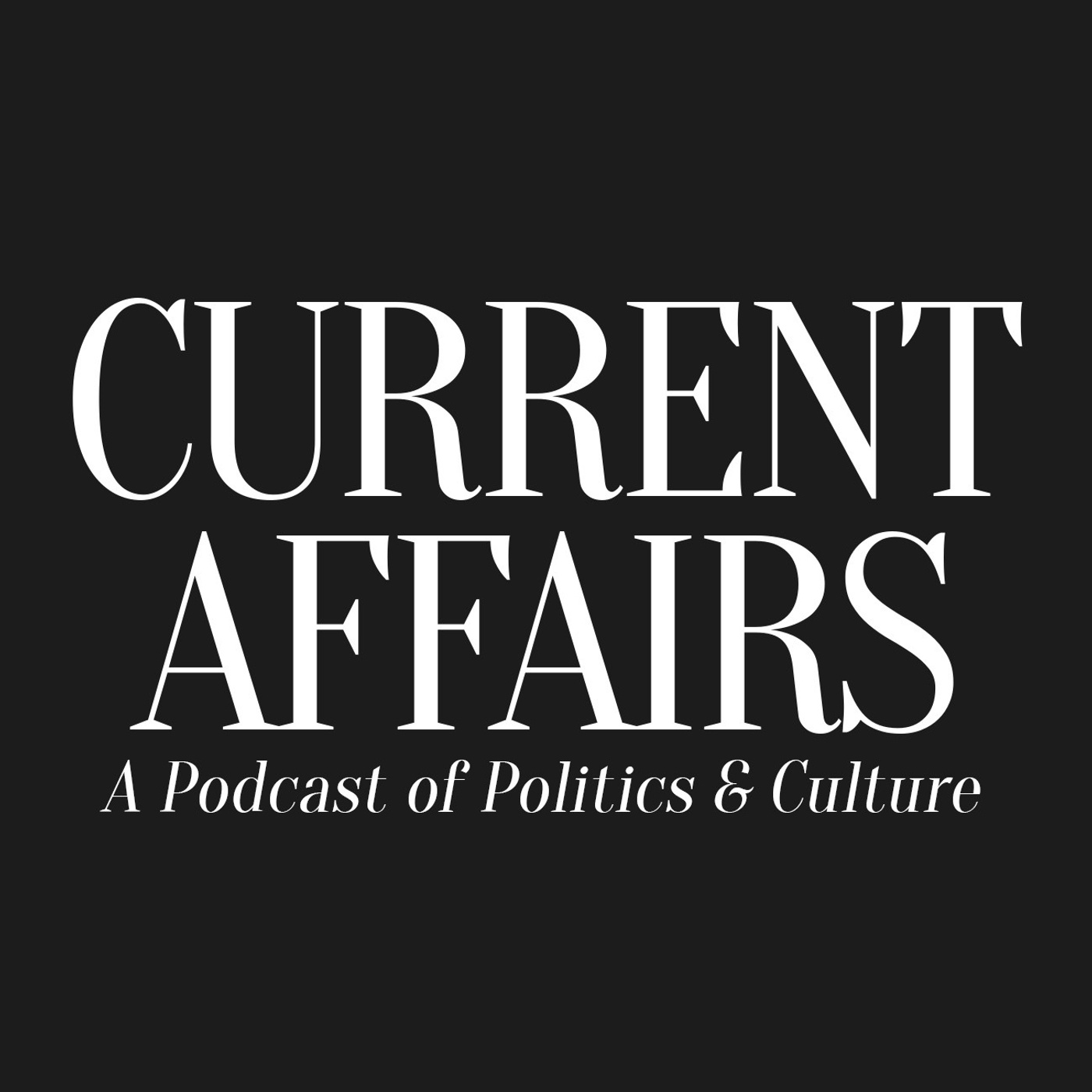What Happens When McKinsey Shows Up?
McKinsey & Co. is the world's leading consulting company. But it also does a lot of work that's, well, pretty downright sinister, and it's very secretive about that work. But in the new book When McKinsey Comes To Town: The Hidden Influence of the World's Most Powerful Consulting Firm,Walt Bogdanich and Michael Forsythe of the New York Times expose the hidden hand of McKinsey across the world. McKinsey has assisted opioid manufacturers, tobacco companies, fossil fuel companies, ICE, and authoritarian governments, and in each case has covered up its footprints. Bogdanich and Forsythe show that the firm often advises both the companies that create problems and the governments that are trying to solve them, "playing both sides" and making a tidy sum in the process. In this episode we discuss how McKinsey recruits young elites with promises of doing socially useful work but then tells them that their job is "execution, not policy," meaning that they aren't to question the underlying values of the institutions they're consulting for. This has helped them justify working for the shadiest of shady clients. And even when McKinsey consults for companies that aren't wrecking the earth or killing their customers, it often advises them on how to maximize profits in ways that do real harm. Again and again, McKinsey has come to town and left people worse off. Bogdanich and Forsythe show that many of the worst problems we face today have had McKinsey's hand in them—but of course, McKinsey stands to profit handsomely from advising governments on how to fix those problems. A Current Affairs article about McKinsey by a former McKinsey consultant is here. The New York Times reporting on the hospital that McKinsey advised to juice profits by stealing from sick poor people is here, and was written up in Current Affairs here. An article that partly discusses McKinsey’s role in the opioid crisis appears in the September-October print issue of Current Affairs. Nathan's article about famous ex-McKinseyite Pete Buttigieg is here and some speculation about what Pete did at the firm is here. “They advise almost all of the pharmaceutical companies around the world, making tens of millions of dollars in profits, at the same time as they also advise the Food and Drug Administration that is supposed to be regulating them.” — Walt Bogdanich “Yes, they do a lot of laughable things and silly PowerPoint slides that don’t really tell you anything, but they also do things that really make a difference, and sometimes a very malign difference." — Michael Forsythe

